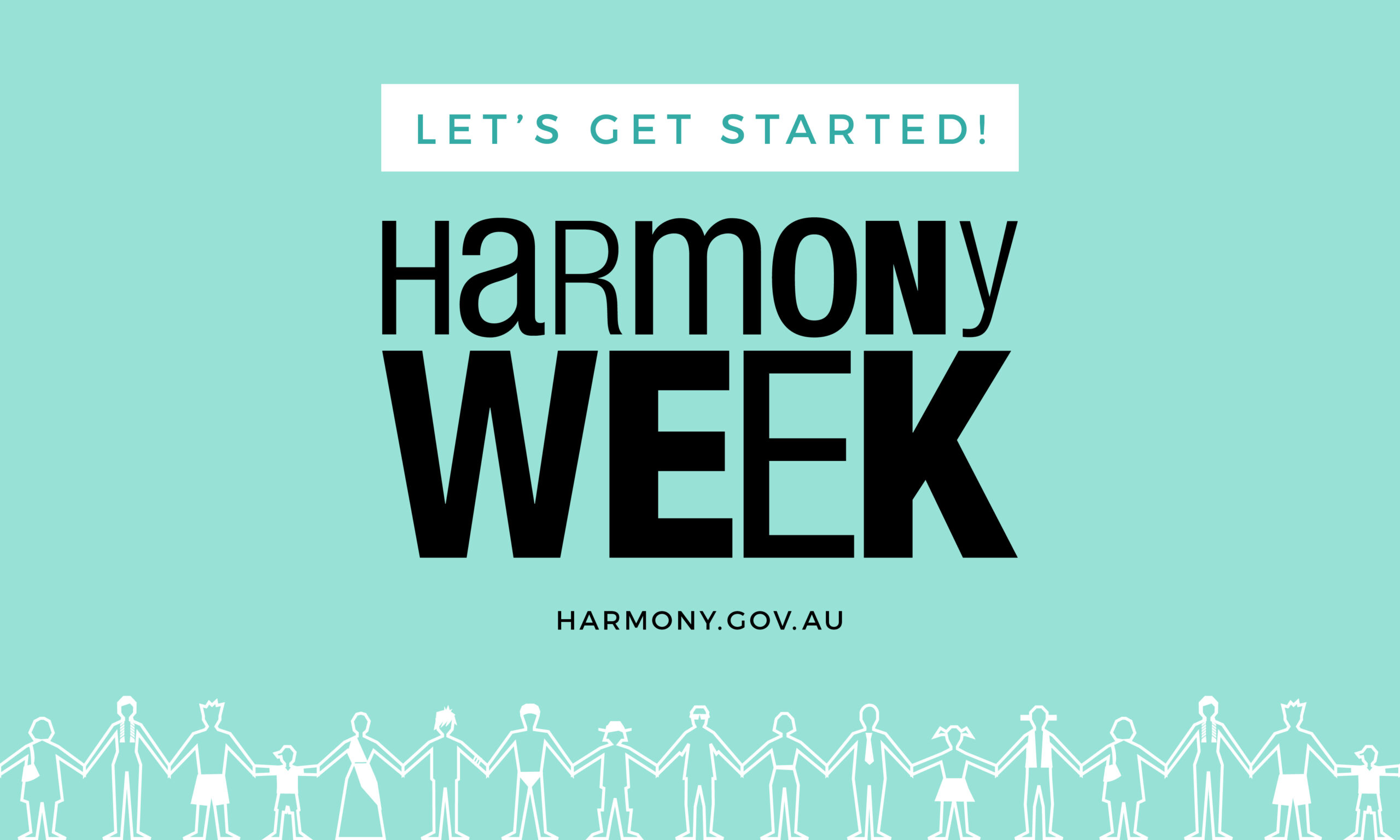30 November 2023

The recent violence in Gaza and Israel is resonating within communities across Australia, including those in South Western Sydney. It may also be impacting you directly, people you know or the individuals you serve.
There are valuable resources available to support those impacted during this challenging period.
SWSPHN-commissioned services
Clinical Suicide Prevention Service
headspace
Head to Health
Lifeline – suicide support services
NewAccess South Western Sydney
Online
Headstart
Helplines
Lifeline: call 13 11 14 (24/7) OR text 0477 131 114 (6pm to 12am, seven days)
Kids Helpline (for children and young people five to 25 years): 1800 551 800 (24/7) OR chat online
Beyond Blue Support Service: 1300 224 636 (24/7) OR chat online
MensLine Australia: 1300 789 978 (24/7) OR chat online
GriefLine: 1300 845 745 (12pm to 3am, seven days)
Local services
NSW Service for the Treatment and Rehabilitation of Torture and Trauma Survivors (STARTTS)
CORE Community Services
Western Sydney Migrant Resource Centre
NSW Health
Directory of mental health services and programs
Transcultural Mental Health Line – 1800 648 911
Department of Health and Aged Care
National mental health services (this directory is translated into key languages)
healthdirect
Department of Education
Support in times of crisis
Strengthening harmony and building resilience in school communities
Information about Anti-Racism Contact Officers and resources to support their role
National mental health services (this directory is translated into key languages)
Witness to War
Witness to War is a free, confidential multilingual telephone hotline for people in Australia affected by overseas conflicts.
Call 1800 845 198 Monday to Friday, 10am to 7pm.
Witness to War staff can talk to you in Arabic, Hebrew, Dari, Ukrainian, English and in other languages with an interpreter.
NSW Police Force
If you or your follow community members ever feel unsafe or threatened, call 000 if it is an emergency, call the Police Assistance Line on 131 444, or contact your local Police Area Command
How to report hate crimes
Anti-Discrimination NSW
Online incident reporting
Other avenues of assistance
Contact your local doctor/GP.
Community members from refugee backgrounds who need mental health support can be referred to the NSW Service for the Treatment and Rehabilitation of Torture and Trauma Services (NSW STARTTS). Phone 9646 6800.
Information for people impacted by distressing events
It is normal to have strong emotional and/or physical reactions following a distressing event, including crises like those now being experienced in Gaza and Israel. These reactions may be experienced if you were directly or indirectly exposed.
Almost everyone who experiences a distressing event will be emotionally affected, but not everyone will respond in the same way.
Possible reactions to traumatic events include:
- Feeling stressed, anxious, exhausted or confused
- Feeling sad, overwhelmed or angry
- Shock, feeling ‘numb’
- Uncertainty about the future
- Feeling lonely, isolated or withdrawn
- Feeling unwell – headaches, difficulty sleeping, eating, weight loss/gain
- Resentment or blaming others
- Increased substance use
- Thoughts of suicide or self-harm
For most, these reactions subside over a few days or weeks.
When to seek help:
If distress lasts longer than one month, it is a good idea to seek the support of a health professional. Talking to your GP about how you are feeling is a good place to start.
Only some people who are distressed after a traumatic event will develop a mental illness such as Post Traumatic Distress Disorder (PTSD), Depression or Anxiety.
Self-help strategies:
- Find a safe place to stay
- Talk to someone you trust
- Know that how you are feeling is normal result of a traumatic event
- Give yourself time, know that the way you are feeling will not last
- Make time for relaxation
- Exercise and eat regular, well-balanced meals
- Restrict stimulants such as tea, coffee, chocolate, soft-drinks and cigarettes
- Avoid drugs and alcohol
- Try to get back to your normal routine as soon as possible
Supporting someone you know:
- Don’t pressure the person into talking
- Be a good listener
- Be patient
- Provide practical support e.g. offer to watch children, pets, do the weekly shopping
- Encourage the person to take care of themselves and do things they enjoy
- Take care of yourself










